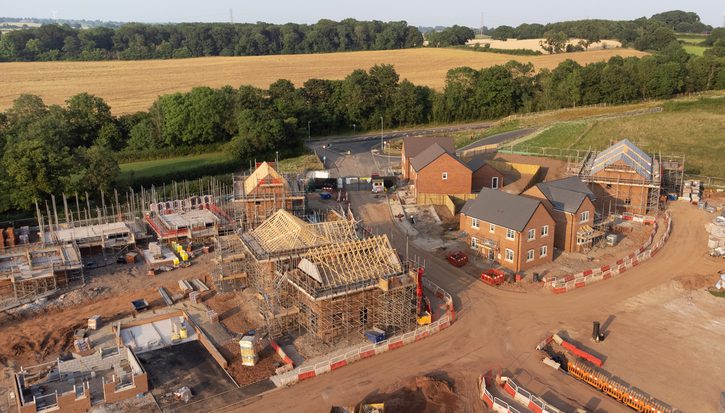After the Gold Rush. A sustainable olympics for London
Article
The Olympic Games always generates a great deal of enthusiasm and expectation. Hosting 'the greatest show on earth' is seen by some as a once in a lifetime opportunity to provide new infrastructure and deliver benefits to local residents and communities.
Those organising the London 2012 bid are no different, claiming a Games would deliver a legacy of new sporting facilities, thousands of new jobs, new businesses, a 'step-change' in the nation's physical activity and ultimately a transformation of the East End of London.
But an analysis of past Games reveals that there is no automatic Olympic dividend, with the benefits often failing to flow to the people and places most in need. What is clear is that those cities that have secured a more sustainable legacy, have embedded the Olympics within a broader urban strategy. The challenge for London is to integrate the preparation for and hosting of the Games into a broader social policy agenda from the outset.
The contributors to this report analyse the challenges facing the organisers and offer a practical vision for a London Games which brings a sustainable legacy for employment, sport, culture, the environment and local communities.
Related items

A helping hand for the helpers - a plan to recognise Scotland's unpaid carers
A Minimum Income Guarantee pilot would empower carers to chart their own course and get back some independence from a state which has become overly dependent on their unpaid labour and goodwill to function.
Strategic planning for green prosperity
Land is a finite resource, and the demands made of it have only increased over time.
The new politics of AI: Why fast technological change requires bold policy targets
The upcoming AI Action Summit in Paris is an opportunity to show how we can harness artificial intelligence (AI) as a force for societal, economic, and environmental good.